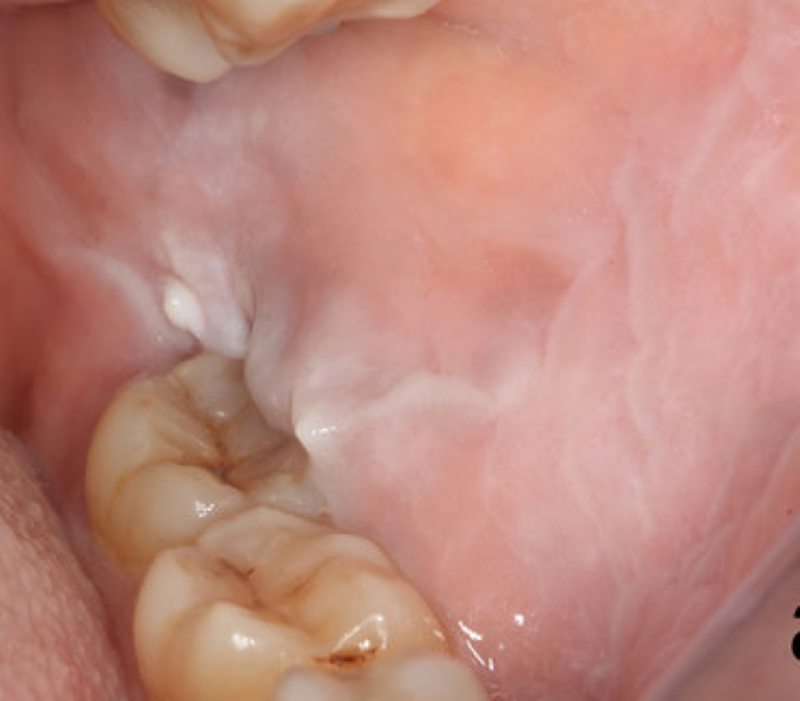+919790726189

This is your website preview.
Currently it only shows your basic business info. Start adding relevant business details such as description, images and products or services to gain your customers attention by using Boost 360 android app / iOS App / web portal.
PAINLESS WISDOM TEETH REMOVAL AT WEST MAMBALAM ...

PAINLESS WISDOM TEETH REMOVAL AT WEST MAMBALAM ASHOK NAGAR CHENNAI Impaction and Nerve Relation: Understanding the Connection Dental impaction is a common condition where a tooth fails to emerge fully through the gumline. This issue frequently affects wisdom teeth but can also involve other teeth, such as canines. One critical concern in cases of impaction is the relationship between the impacted tooth and nearby nerves, particularly the inferior alveolar nerve (IAN) and the lingual nerve. Dental Clinics in West Mambalam Dentists in West Mambalam Dentists in Ashok Nagar Best dentist near me Best Dental Clinics in West Mambalam Oral surgeon in West Mambalam Dental Implants in West Mambalam Oral surgeon in Ashok Nagar Painless tooth removal at West Mambalam Rootcanal treatment at West Mambalam Top rated dentist in West Mambalam What is Dental Impaction? Impacted teeth remain partially or fully trapped within the jawbone or gum tissue due to insufficient space, abnormal eruption angles, or obstructions. Symptoms may include pain, swelling, infection, and misalignment of adjacent teeth. Nerve Involvement in Impacted Teeth Impacted teeth, especially lower wisdom teeth, often lie in close proximity to nerves. The two primary nerves of concern are: Inferior Alveolar Nerve (IAN): Runs through the lower jaw and provides sensation to the lower lip, chin, and teeth. Lingual Nerve: Located near the lower wisdom teeth, responsible for sensation in the tongue and inner cheek. Risks of Nerve Damage During Extraction Since impacted teeth may press against these nerves, their removal carries a risk of nerve injury, leading to temporary or permanent complications such as: Numbness or tingling in the lower lip, chin, or tongue. Altered taste perception. Difficulty in speech and chewing. Diagnosis and Treatment Planning Dentists use imaging techniques like panoramic X-rays and CBCT scans to assess nerve proximity and plan safe extractions. When a high risk of nerve damage is detected, alternative approaches such as coronectomy (removing only the crown while leaving the root) may be recommended. Preventing Complications Early evaluation: Regular dental check-ups help monitor tooth eruption and detect impaction early. Skilled surgical approach: A specialized oral surgeon reduces risks associated with nerve injury. Post-extraction care: Proper aftercare minimizes inflammation and promotes healing. Understanding the relation between impacted teeth and nerves is crucial for safe treatment and long-term oral health. Consulting an experienced dentist ensures the best approach for managing impaction while preserving nerve function.

